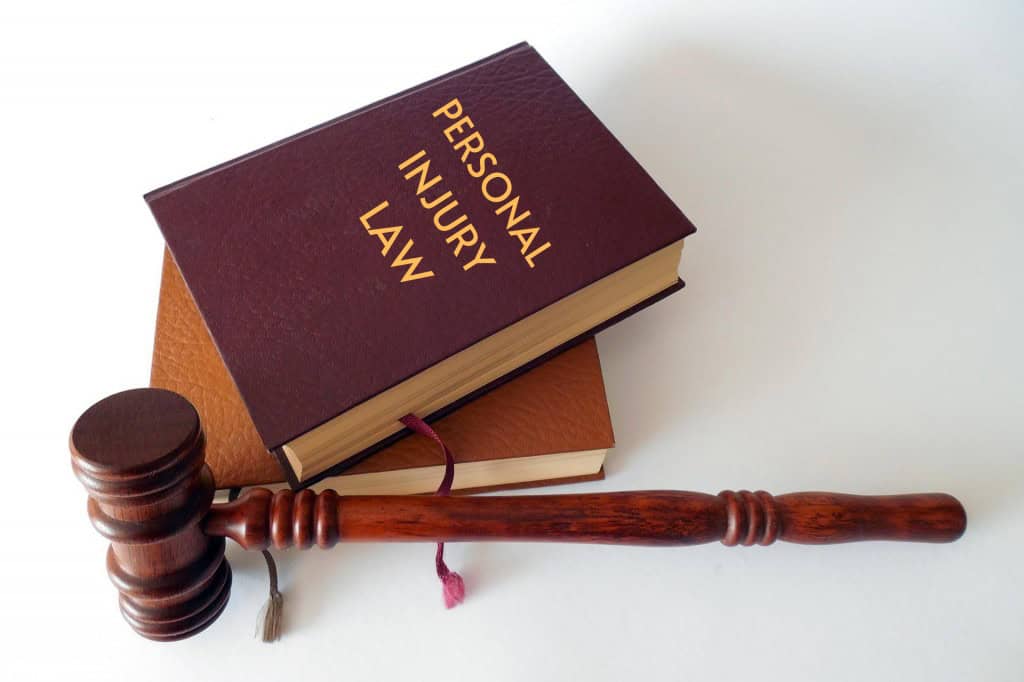
When you’re injured because of someone else’s negligence, your world can turn upside down in an instant. Bills start piling up. The pain doesn’t go away. And just when you think it can’t get more stressful, you’re faced with a major decision: settle or go to trial?
In St. Louis, personal injury cases span everything from car crashes on I-70 to slip-and-falls in crowded downtown venues. Missouri law allows injury victims to seek compensation for medical costs, lost wages, and emotional suffering, but how that compensation is obtained can vary greatly. Some cases resolve quickly, while others drag on for months or even years in court.
A knowledgeable St. Louis personal injury lawyer can help you navigate this decision by weighing the pros and cons of each route. They’ll assess your evidence, calculate the full extent of your damages, and determine which path gives you the strongest chance of fair compensation.
Read on to discover the key differences between settlements and trials—and how to choose the option that best protects your rights and recovery.
Understanding the Difference: Settlement vs. Trial
In a personal injury case, the choice between settlement and trial can significantly impact the outcome—both financially and emotionally. A settlement occurs when both parties agree to resolve the case outside of court, typically through negotiation. A trial, on the other hand, involves presenting the case before a judge or jury, who then determine the outcome.
Each option comes with its own set of risks and advantages, and what works for one victim may not work for another. Understanding the dynamics of each route is essential to making an informed decision.
Why Many Personal Injury Cases Settle
Most personal injury cases in Missouri are resolved through settlements. This approach often offers a faster, less expensive resolution than going to trial.
Key reasons settlements are common:
- Predictability: Settlements offer more control over the outcome compared to the unpredictability of jury verdicts.
- Speed: Trials can drag on for months or years, while settlements may resolve within weeks or a few months.
- Privacy: Settlement agreements are typically private, whereas trial records are public.
- Lower legal costs: Trials often require more preparation, expert witnesses, and court time, all of which increase expenses.
While settlements are often practical, they can sometimes result in compensation that’s less than what a jury might award. That’s why it’s important to understand when it makes sense to push forward to trial.
When a Trial Might Be the Better Option
There are situations where going to trial is not only justified—it’s necessary. If the insurance company or defendant refuses to offer a fair settlement, a trial may be the only way to pursue full and fair compensation.
You might consider going to trial if:
- Liability is strongly in your favor, and evidence is clear.
- The offered settlement is unreasonably low and does not cover your actual damages.
- The case involves serious, life-altering injuries, which could result in higher jury awards.
- You want to set a precedent, especially in cases involving gross negligence or systemic issues.
In Missouri, personal injury plaintiffs have the right to request a jury trial under Article I, Section 22(a) of the Missouri Constitution, which guarantees a trial by jury in civil cases. However, trials can be emotionally draining and time-consuming and come with no guarantee of success.
Weighing the Pros and Cons
Choosing between settlement and trial involves evaluating more than just potential compensation. You need to consider your personal circumstances, legal strategy, and tolerance for risk.
Pros of Settling:
- Faster resolution
- Lower legal fees
- Less stress
- Guaranteed compensation (once agreed upon)
Cons of Settling:
- Potentially lower compensation
- No public acknowledgment of wrongdoing
- Limited ability to renegotiate terms once agreed
Pros of Going to Trial:
- Chance for full compensation
- Public accountability for the defendant
- Ability to appeal if necessary
Cons of Going to Trial:
- Time-consuming
- Uncertain outcome
- Higher costs
- Emotional toll
Missouri’s Comparative Fault Rule
Another factor that can influence this decision is Missouri’s pure comparative fault system, codified under Missouri Revised Statutes § 537.765. Under this rule, a plaintiff’s damages can be reduced by their percentage of fault. For example, if you’re found to be 20% at fault for a car accident, your total compensation would be reduced by 20%.
This rule plays a major role during both settlement negotiations and trials, as insurance companies may attempt to assign partial blame to reduce the payout. A well-prepared legal strategy should account for this and build a strong case for minimizing your liability.
Making the Right Choice for Your Case
No two personal injury cases are alike. Whether you’ve been hurt in a car accident, suffered a workplace injury, or experienced medical negligence, the path to compensation can differ. Choosing between settling and going to trial isn’t just a legal decision—it’s a deeply personal one that must align with your goals, risks, and needs.
Understanding your rights under Missouri law and working closely with experienced professionals can ensure you’re choosing the route that offers the best possible outcome for your unique situation.

